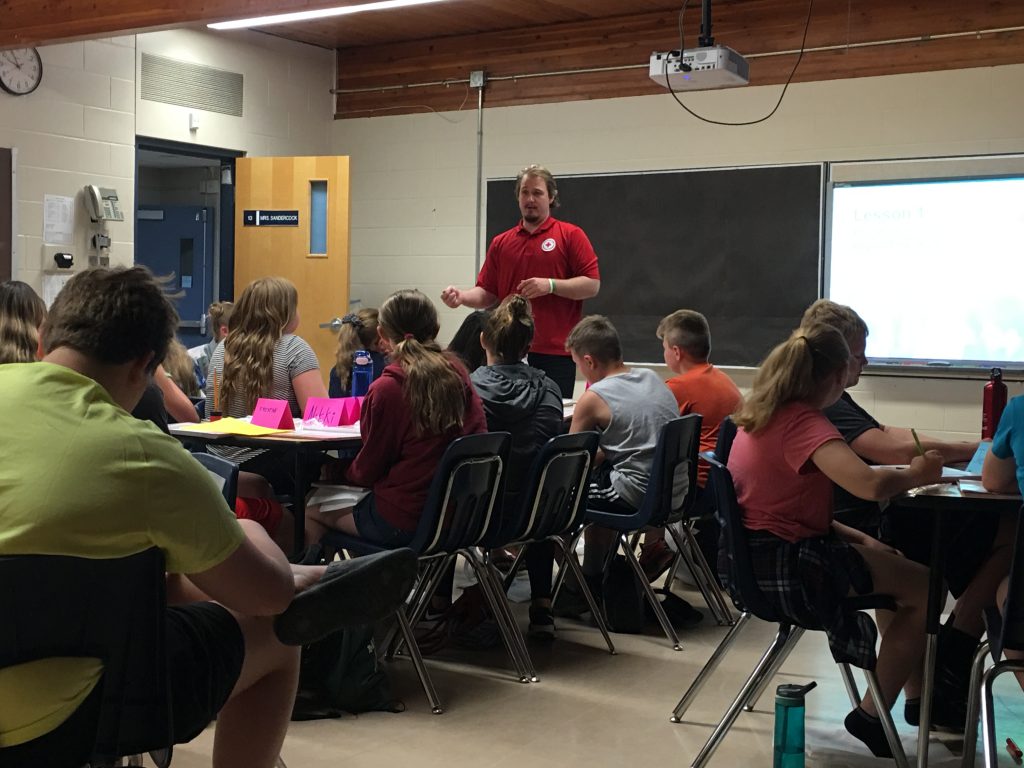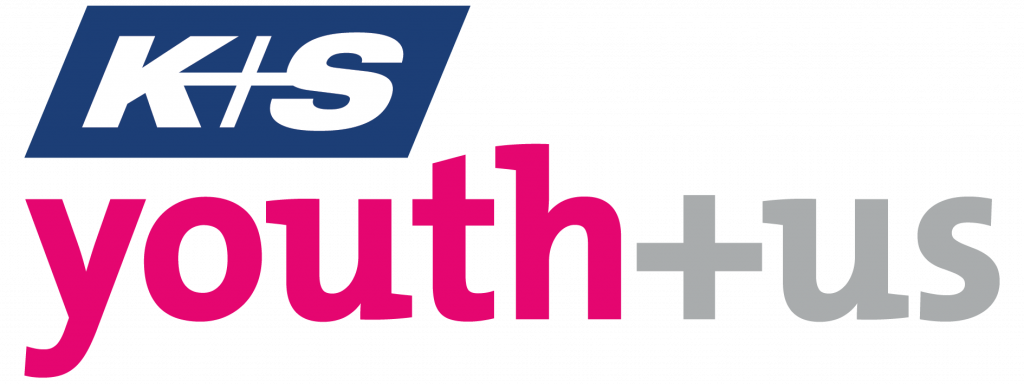Emily
Written by Dave Yanko
Emily was shocked and dismayed when her group of friends started making fun of her in Grade 7. She was devastated when she found out the mocking had been going on behind her back for quite some time. “They’d been making fun of me since Grade 6, about my appearance, my weight, my hair, my family,’’ says the Lloydminster high school student. “I thought they were my best friends, but I found out I was just being used by them. It was very toxic. It was a really tough time for me.’’
With help from several adults and the healing salve of time, Emily, not her real name, came through that difficult period with flying colours. She found a new group of true friends who encouraged her to be herself and be comfortable with that. Today, she’s a confident, bright, and articulate 16 year old who’s using what she learned during those difficult times to add a valuable dose of experience to the anti-bullying program she helps facilitate.
Emily is a youth facilitator in the Canadian Red Cross Beyond the Hurt (BTH) program, which is endorsed and supported by the Saskatchewan Ministry of Education. Youth facilitators take a two-day training course in Grade 10 and then go out to elementary schools in trios to present workshops on bullying prevention and healthy relationships to kids in grades 4, 5, 6, and 7. “I was asked by a school counselor to join the program and I thought it was a terrific idea,’’ says Emily. “I really wish someone was there doing these presentations when I was younger.’’
Grade 10 is a “sweet spot’’ for effective youth facilitators, according to Michelle Sperle, a school counselor at Holy Rosary High School in Lloydminster. She’s one of a group of school counselors in the city who train facilitators. “The younger kids engage better – a lot better – with a teenager than they ever would with us,’’ says Sperle.
Red Cross provides course material and direction for facilitator training workshops, which focus on the dynamics of bullying, harassment, discrimination, and how to build healthy relationships. Facilitators learn that kids who experience ongoing bullying should report it to a trusted adult and kids witnessing such bullying should speak up or intervene, wherever possible, to try to stop it. In today’s world, however, the schoolyard is no longer the prime venue for bullying.
Cyberbullying and harassment now comprise the majority of cases Sperle deals with in her role as a school counselor. “Keyboard warriors’’ feel less constrained than their schoolyard counterparts and the results can be horrible, says Sperle, adding kids call each other terrible names and can be extremely cruel. “Some of these kids have no problem saying, ‘You should go kill yourself’. These words are bandied about as though it’s a normal thing to say.’’
Scott McHenry, advisor in violence and abuse prevention for the Canadian Red Cross in Saskatchewan, is a person who trains trainers, such as Sperle, as well as youth facilitators. He says there’s been an important shift in the way bullying is viewed in our society. “There’s a realization now that bullying really can cause harm,’’ says McHenry, adding experts say it can even lead to suicide. “It’s no longer seen as some kind of rite of passage. It doesn’t have to happen and we don’t have to put up with it.’’
Prevention is key, says McHenry. Bullying behaviour is violent behaviour exerted physically, psychologically, or socially, within relationships. It’s a learned behaviour. “If it’s not addressed, it can lead to violence later in life, where the childhood victim engages in bullying behavior as an adult. This is why prevention is so important.’’
McHenry says part of the goal of BTH is to show what healthy relationships look like so the kids are able to identify unhealthy ones. Respect is the foundation of all healthy relationships, he says, but the ability to communicate is essential and so is the ability to resolve conflict within a relationship.
The arrival of the COVID-19 pandemic has forced changes in the delivery of Red Cross programming such as BTH. McHenry says the organization is using virtual platforms for presentations previously undertaken in person. More than 800 young people in the province have received training as BTH youth facilitators and many more elementary school children have attended presentations.
Emily was fortunate. She managed to navigate the rocky shoals of bullying behaviour without the benefit of the BTH program. But since becoming a Red Cross youth facilitator last year, she’s seen how the program can help. Following a presentation by Emily and two other youth facilitators, a Grade 4 student approached the trio and said he now feels much better about the bullying behaviour he was experiencing and that he was going straight home to tell his parents about it. “We were just so happy to hear this,’’ says Emily. “I mean, that’s the point of it. That’s what this is all about.’’


K+S Potash Canada has been proud to support the Red Cross with their mission to teach kids about healthy relations and how to manage bullying, harassment and discrimination by facilitating workshops in schools across Saskatchewan.
